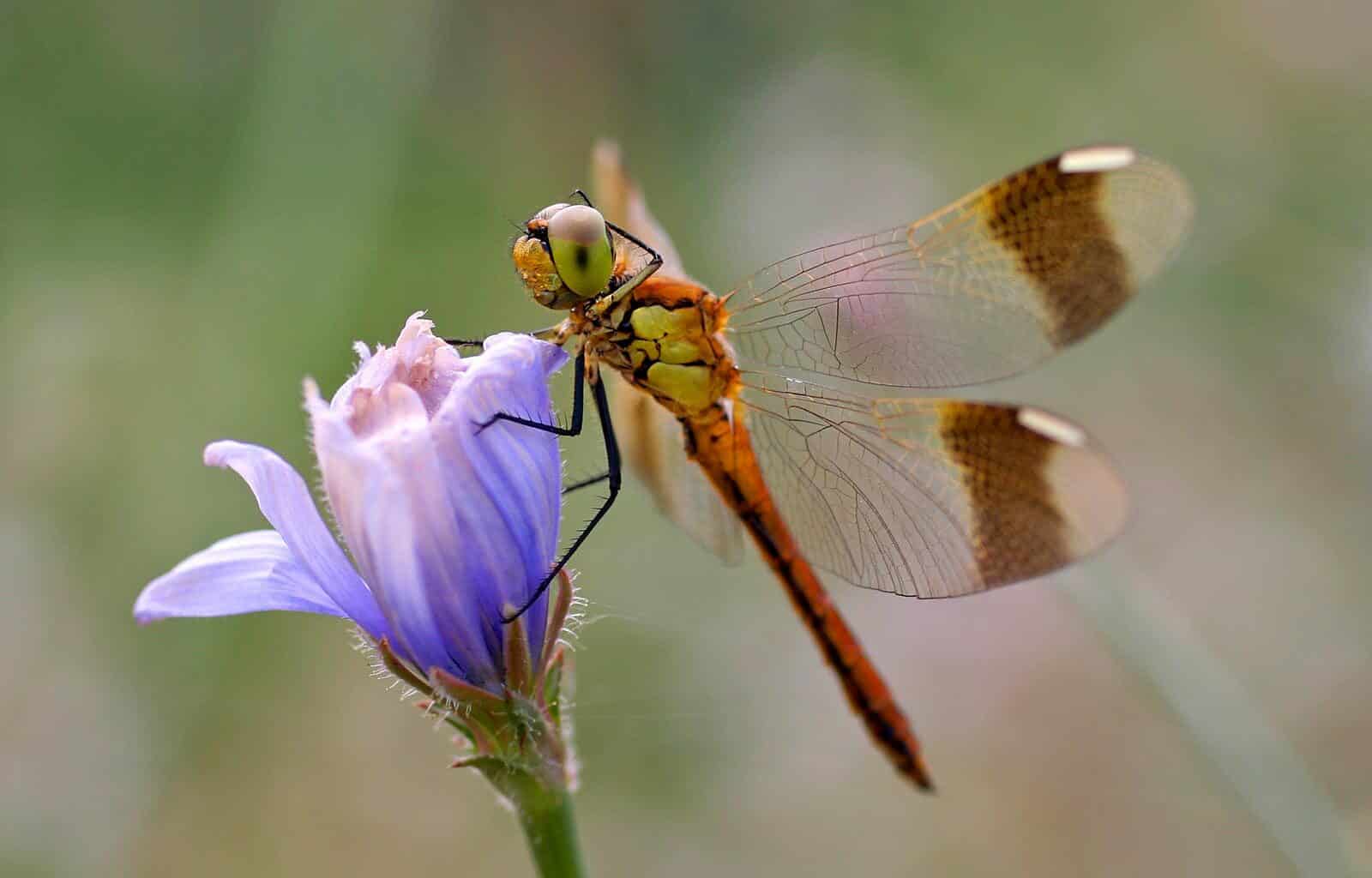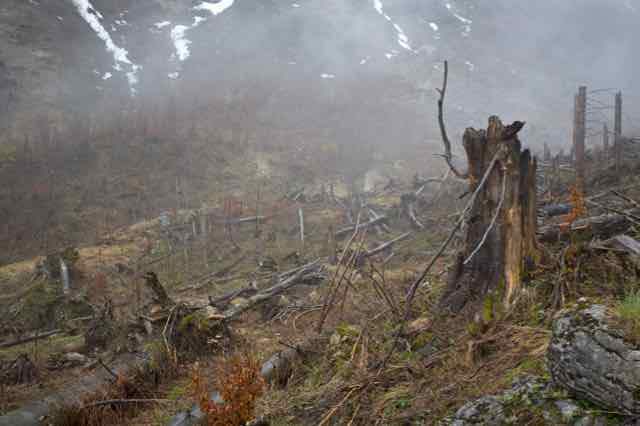Global insect numbers continue to drop
A large scientific review, published in the journal Science last month, performed an analysis on the trends of insect abundance around the world. In total, the researchers combined data from 166 long-term surveys and more than 1 500 sites. The trends are simply worrying. Yes, the number of freshwater insects seems to increase with 11%, however the most important ones, terrestrial insects, are declining with 9% per decade.
Please also read: We are losing 40% of the insects forever
Which insects are important?
All insects have their role in the ecosystem of course. Yet, when we look at the role they fulfil with regards to the ecosystem services they provide to humans, the terrestrial insects stand out. These land-based insects represent nearly 90% of all insects and are responsible for pollinating many agricultural crops. Many of these insects remain largely understudied, especially in South America, Southern Asia and Africa. As a result, it is unclear to what extent destruction of habitats is impacting these insects. Yet, from what is known, the situation does not look promising.
Previous studies have assessed that we are losing at least 40% of the insects forever. The main drivers for this are the conversion of wild lands to agriculture and urbanisation. The researchers of the latest analysis conclude the drop of insect abundance has an average of 24% around the world.
This 24% is definitely something to be concerned about. It’s a quarter less than when I was a kid. One thing people should always remember is that we really depend on insects for our food.

European numbers drop rapidly
Compared to other regions around the world, it seems that Europe is doing the worst, as The Guardian also reports. It could be explained by the simple fact that more data is available in Europe. After all, we know that all over the world, urbanisation is driving insects away from the natural areas. An interesting conclusion of the research is that insects in protected areas are not thriving much better than outside of these areas. More research is needed to understand the drivers of these similar trends. A logical explanation could be the overheating of our climate. However, research shows how climate change is negatively impacting some species, while boosting others. Therefore, an overall impact of climate change on insect abundance still seems to level out for the moment.
So, is it too late to save the insects? Researchers still have hope. The increasing trends of freshwater insects indicates that it is possible to turn the decline towards positive trends. For example, effective legislation is now more important than ever, so we limit the use of pesticides. Furthermore, the protection of natural areas is important to preserve wild habitats for insects.
Have you witnessed how insects are disappearing around you? Let us know in the comments below!









